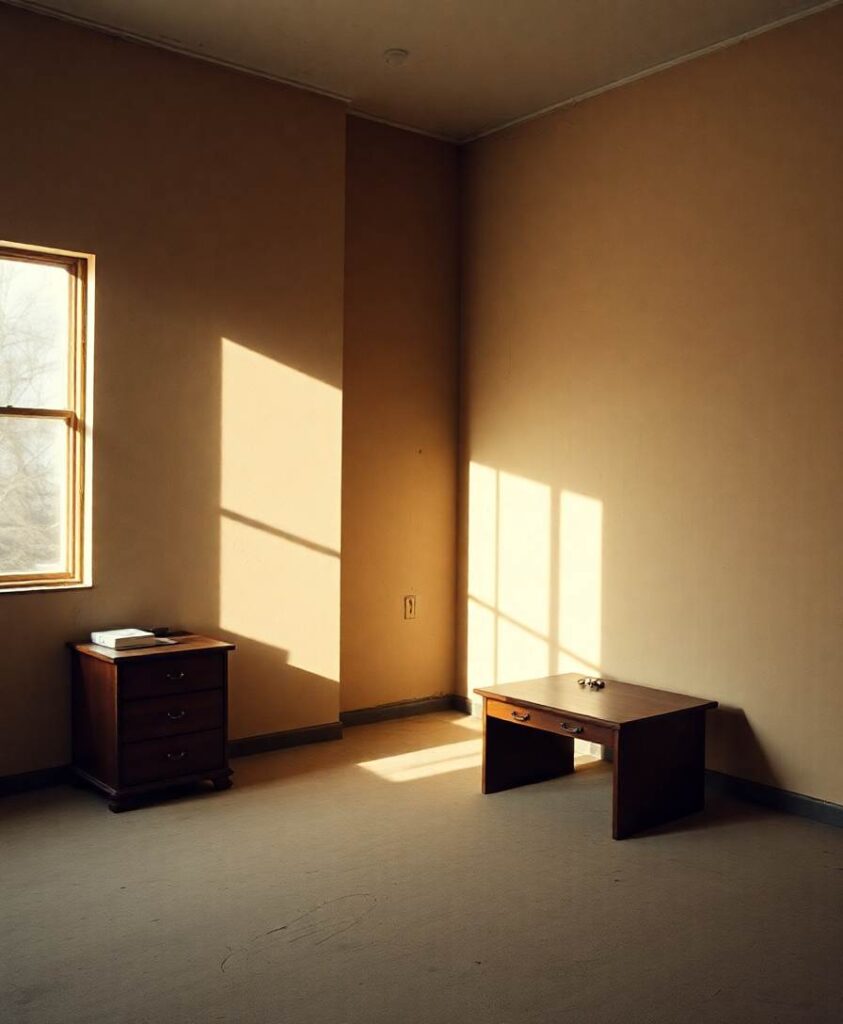Imagine what it feels like to carry a quiet weight — a burden of uncertainty, waiting, and often, silent struggle. You might notice the tension building in your chest, that subtle ache when mental health services are just out of reach. Sometimes, it’s the wait in a crowded jail cell, where the person needing help is caught in a limbo of delayed evaluations and treatment, their distress echoing in the quiet corridors of the system. These sensations — the ache of unmet needs, the frustration of delays — are the body’s way of signaling a deeper problem: an overwhelmed mental health network that’s been frayed by years of budget cuts and systemic gaps.
Now, picture a shift. Montana’s lawmakers have committed over $124 million to rebuild this fragile fabric, aiming to restore hope and healing to communities stretched thin. This isn’t just about dollars; it’s about what it means to truly listen to the needs of those in mental health crisis — and to act with compassion and foresight. The recent legislative efforts symbolize a community’s collective effort to create a system that feels more responsive, more humane, more rooted in the body’s natural signals of distress.
How Montana is Improving Its Behavioral Health System for Better Community Support
This initiative is a reminder that strong mental health support begins with understanding the body’s signals — the subtle cues that something’s off and needs attention. When Montana invests in building new facilities, expanding beds, and revising procedures, it’s a step toward aligning the system with the physical and emotional realities of its people. These changes aim to reduce waitlists, shorten delays in evaluations, and provide immediate crisis care, especially in rural areas where services are often scarce.
It’s about creating a safety net that catches people before they fall deeper into crisis. That means funding community-based crisis beds and ensuring that individuals in jails — often caught in the system’s gaps — receive timely evaluation and treatment. It also involves revising commitment procedures, so they’re more humane and better suited to support recovery, rather than merely control.

For someone living with mental health challenges, these steps could feel like a gentle, reassuring touch — a recognition that they matter, that their body’s distress signals are heard and responded to with dignity. This overhaul isn’t just a matter of policy; it’s a shift in how society relates to its most vulnerable members, emphasizing care that respects the body’s natural cues and the importance of community support.
The investment also reflects a broader understanding that mental health isn’t isolated from the physical and social environment. Building new facilities and increasing beds symbolize a community’s commitment to listening to the body’s needs and addressing the root causes of distress. For those who’ve waited too long — in jails, clinics, or homes — these changes promise a future where help arrives sooner, and recovery feels more accessible.
In the end, Montana’s legislative action is more than just a financial boost; it’s a collective acknowledgment that mental health care must be rooted in compassion, responsiveness, and understanding of the body’s signals. It’s a hope that by listening more closely and acting more thoughtfully, communities can foster resilience and healing from the inside out.
Learn More: Montana Lawmakers Approve $124M To Revamp Behavioral Health System
Abstract: HELENA, Mont. — Montana’s frayed behavioral health care system, still recovering from the effects of past budget cuts, will get a shot in the arm after state lawmakers approved sweeping changes to upgrade and expand facilities, increase community services, and revise commitment procedures.
Link: Read Full Article (External Site)


